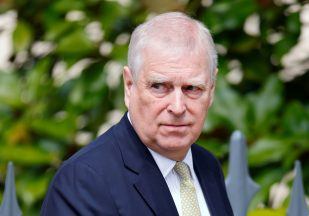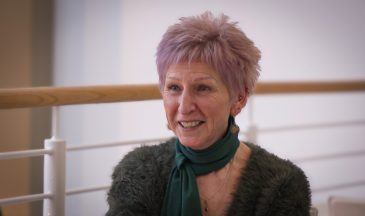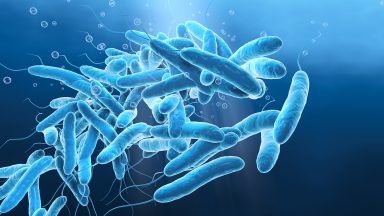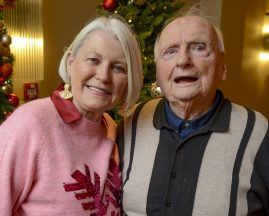A mother threatened to harm her Down’s syndrome daughter to force authorities to become involved because she was so desperate following the withdrawal of social work support during the pandemic, an inquiry has heard.
Eddie McConnell, chief executive of Down’s Syndrome Scotland, told the Scottish Covid-19 Inquiry the woman was “absolutely at the end of her tether” and felt the only way to get help was to do something “quite disastrous”.
He told the inquiry many families felt a “lifeline” was withdrawn when they were told social care services could no longer be provided when the pandemic began, and many were left “on their knees” trying to navigate the pandemic on their own.
The inquiry heard the nature of calls to Down’s Syndrome Scotland changed from pre-pandemic when they were generally about the condition itself, to being about issues such as stress, anxiety and financial concerns.
Faryma Bahrami, junior counsel to the inquiry, asked Mr McConnell to expand on his evidence about the mother.
He said: “We would never pass judgment on somebody that was so desperate that she was getting no support, in that person’s case from social work, and felt that the only way to get that support was to do something quite disastrous, to in a sense invoke statutory involvement in her family, because her view was nobody was responding to her pleas for help so she took that really desperate measure and we absolutely do not have any judgment on that.
“It was clear she herself had very significant mental health needs that were not being supported or recognised.
“It’s uncertain, there was statutory involvement in terms of the police, it’s uncertain whether she actually did harm her daughter so it’s important for us to acknowledge that, she alleged that she was going to harm her daughter and she saw that as the only way to get support because nobody was listening, she was absolutely at the end of her tether.”
Mr McConnell said when social care services were withdrawn, families became carers 24/7 and were left exhausted, while the impact on people with Down’s syndrome themselves was “profound”.
He told the inquiry on Thursday: “It’s really important for our community to have structure and to have support and to be part of wider society, and that’s what social care facilitates, so to remove that so quickly means that people with Down’s syndrome lost their connections, they became very isolated, loneliness was identified very quickly and we know that their mental health deteriorated very quickly.”
Mr McConnell said in the early days of the pandemic, other professionals such as those in health and education also “stepped right back”, which left families feeling “acutely vulnerable”.
The inquiry also heard from Baroness Stephanie Fraser, chief executive of Cerebral Palsy Scotland.
She spoke about surveys the charity carried out among the cerebral palsy community in May and September 2020, and in February 2021.
The early surveys found people reported that the biggest issues they were facing tended to be physical, such as stiffness, pain, and growing out of equipment, however as time went on reports of a decline in mental health rose significantly, and this was not restricted to the person with cerebral palsy, but could also apply to their family.
Baroness Fraser said the organisation was very concerned about a lack of access to what it considers essential health services, such as physiotherapy and occupational therapy, during the pandemic.
She told the inquiry she calls cerebral palsy the “Cinderella condition because it is just forgotten about”.
She added: “My reflection on all of this is it seemed that people… with long-term, pre-existing health conditions were very, very low down the priority list for healthcare services and others.
“For many, with even these basic support services not continuing, that was what caused the biggest issues, not the Covid.”
The inquiry, taking place before Lord Brailsford in Edinburgh, continues.
Follow STV News on WhatsApp
Scan the QR code on your mobile device for all the latest news from around the country


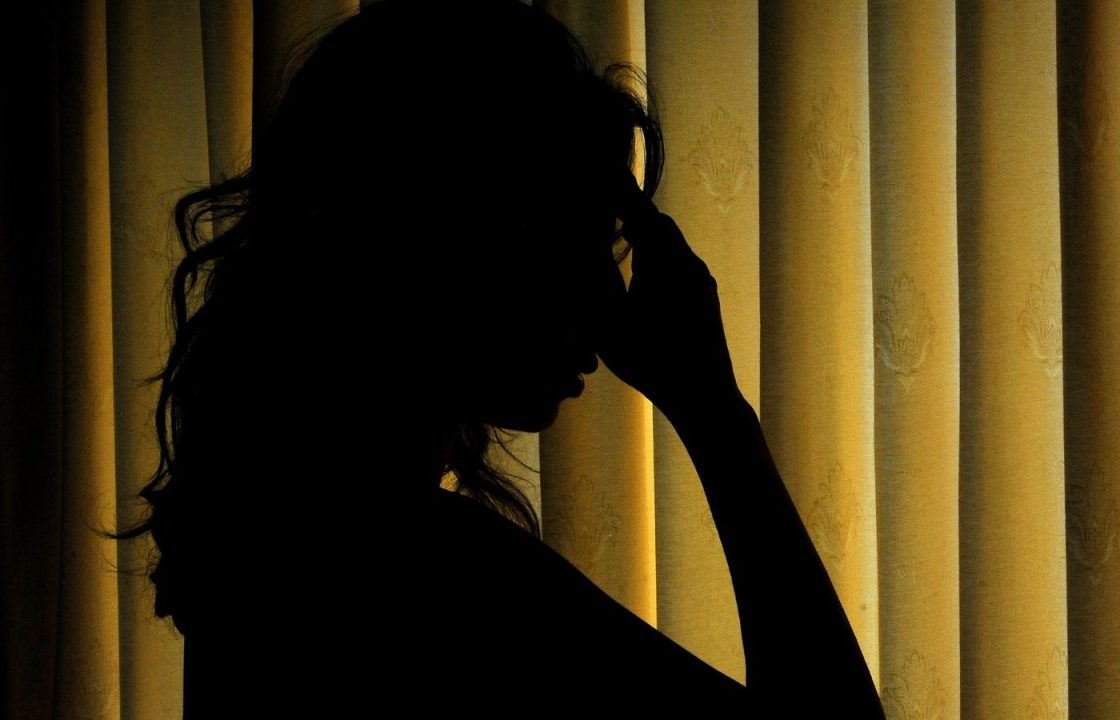 PA Media
PA Media

